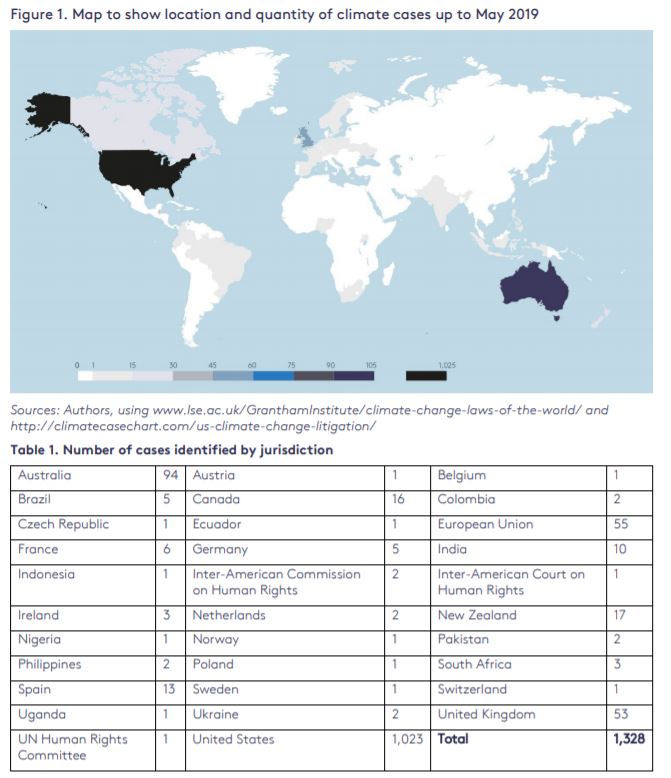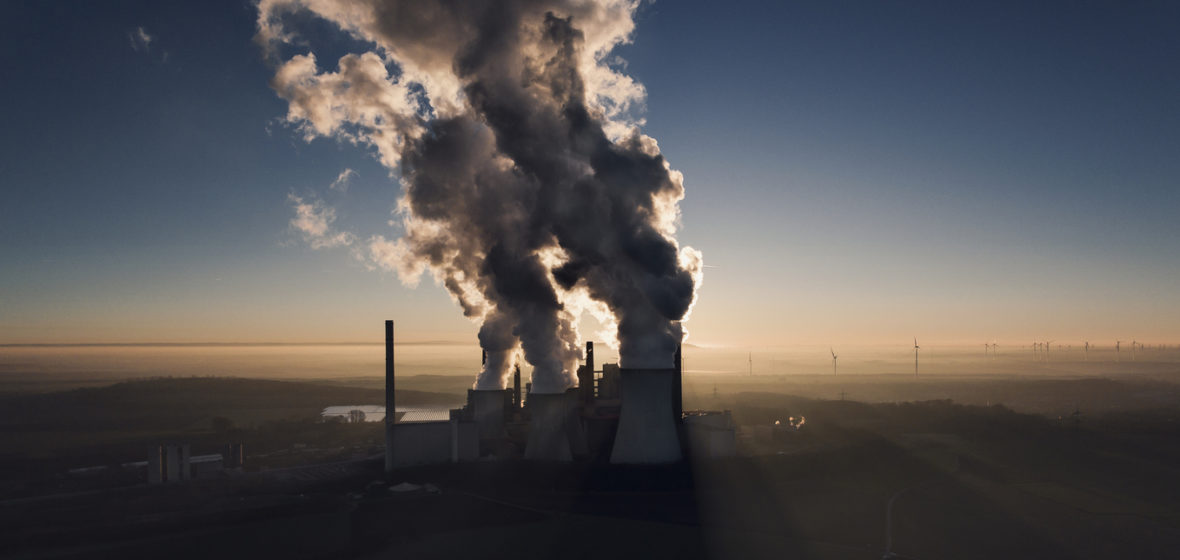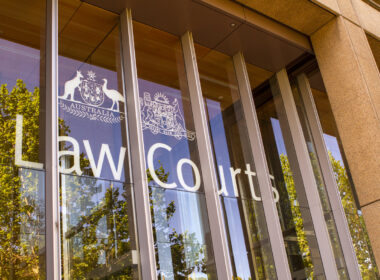The International Bar Association (IBA) has published an extraordinary directive for courts and judges to step in where governments may be failing to protect their citizens from climate change.
The “Model Statute for climate change litigation against governments” was launched to the public in London in late February and offers guidance to citizens considering suing their governments for failing to act on climate change.
It comes amid a flurry of individuals and groups turning to the courts to settle climate change-related claims. According to a report published in 2019 by the UK’s Grantham Research Institute on Climate Change and the Environment and the Centre for Climate Change Economics and Policy, climate change cases were brought in at least 28 countries around the world between May 2018 and May 2019, with 94 cases in Australia alone.
“This Model Statute is intended to lower the procedural legal hurdles many citizens face when trying to access the courts,” said David Estrim LSM, Co-Chair of the IBA Model Statute Expert Working Group and a former head of the environmental law practice at multinational law firm Gowling WLG.
“Building on recent successes and judicial reasoning, it highlights the role of litigation in setting requirements for governments to protect the public.”
A coalition of senior legal and environmental experts from the IBA’s Climate Change Justice and Human Rights Task Force worked on the statute. The group includes prominent UK barrister Baroness Helena Kennedy QC of Doughty Street Chambers, who co-chairs the task force with Estrin.
Over 75 pages, the document asserts that citizens should find an open courthouse door (“standing”) to ask a judge to protect them from climate harm. This is already the case in NSW, where the New South Wales Crown Proceedings Act 1988 provides that the Crown can be sued in the same manner as any private person. This has been enforced in environmental proceedings against state entities brought in the NSW Land and Environment Court.
The statute also asserts that governments should not be able to defend their actions by saying they have only emitted a small quantity of greenhouse gases or are responsible for a small share of harm. It recommends that courts should have power to order that a government pay the costs of a successful plaintiff; or even an unsuccessful plaintiff who has pursued a case in the public interest.
The Australian government invested $13.2 billion in clean energy technologies in 2018 and has committed to reducing greenhouse gas emissions by 26 to 28 per cent below 2005 levels by 2030.
Australia is responsible for just 1.3 per cent of global emissions and 5.5 per cent of global coal production. However, this is disproportionate to our population of the global total, as our population represents 0.33 per cent of the world population.
The IBA has called the model statute an “unprecedented step forward” to providing citizens around the world with tools to address climate change issues and disputes in their jurisdictions.





